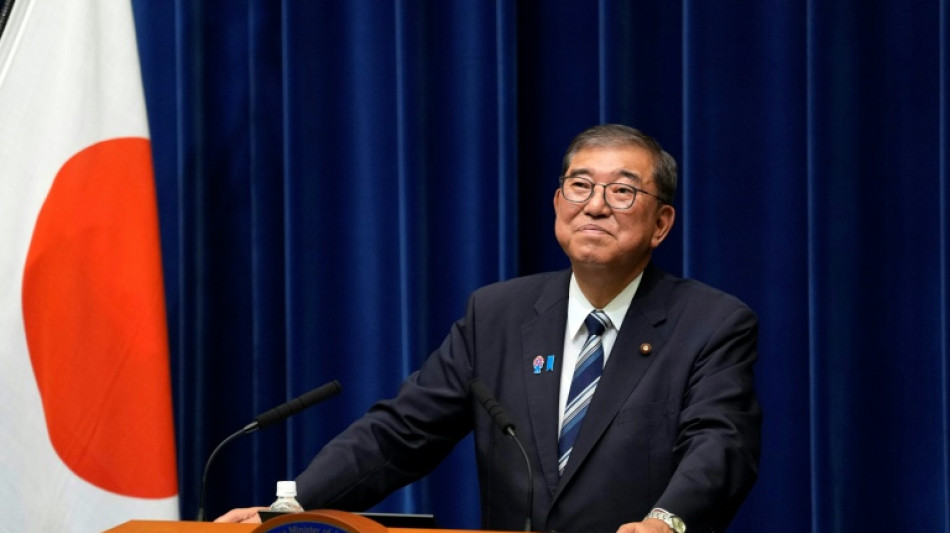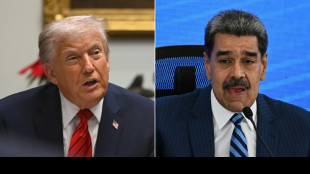

Japan ruling party to pick new leader on October 4
Japan's ruling Liberal Democratic Party (LDP) will pick its new leader on October 4, the party's election committee said Tuesday, replacing Prime Minister Shigeru Ishiba who resigned after huge election setbacks.
The party president could become the next prime minister as the LDP is the largest force in parliament while the opposition remains fragmented.
The party has governed Japan for all but four years since it was launched in 1955.
The head of the election committee, Ichiro Aisawa, said Tuesday a notice would be issued on September 22 and counting of votes would take place following a 12-day campaign period.
The schedule will be formally approved on Wednesday, he said.
Toshimitsu Motegi, a former top diplomat dubbed the "Trump Whisperer" was the first candidate Monday to join the race to be Japan's next leader.
Veteran female nationalist and former economic security minister Sanae Takaichi, and current agriculture minister Shinjiro Koizumi -- the telegenic son of a former prime minister -- are seen among other potential candidates in the race.
Whoever wins will face a host of complex issues including a rapidly ageing population, colossal national debt and a faltering economy plagued by rising inflation.
The election will be open to ordinary members of the LDP.
Shunichi Suzuki, the LDP general affairs chief, said the party must be careful to reflect their voices, given intense public outrage over recent corruption scandals involving lawmakers.
- 'Fresh start' -
"In this election, whether the LDP can rise or fall is at stake," Suzuki told a press conference.
The leadership election will be an opportunity for the party to reform itself, said Hiroshi Moriyama, the LDP secretary general who served under Ishiba.
"I think this presidential election is an important opportunity for our party to make a fresh start... and move forward as a national party for a new era," he said.
The LDP's leaders usually become prime minister because of the party's long-held legislative majority with coalition partner Komeito.
But the party over the past year lost its majority in the both houses of parliament after two major election losses under Ishiba.
The soft-spoken defence policy wonk on Sunday abruptly announced that he would step down, despite earlier suggestions that he would stay on, as rifts within the party deepened over his leadership.
D.Sandstrom--StDgbl





